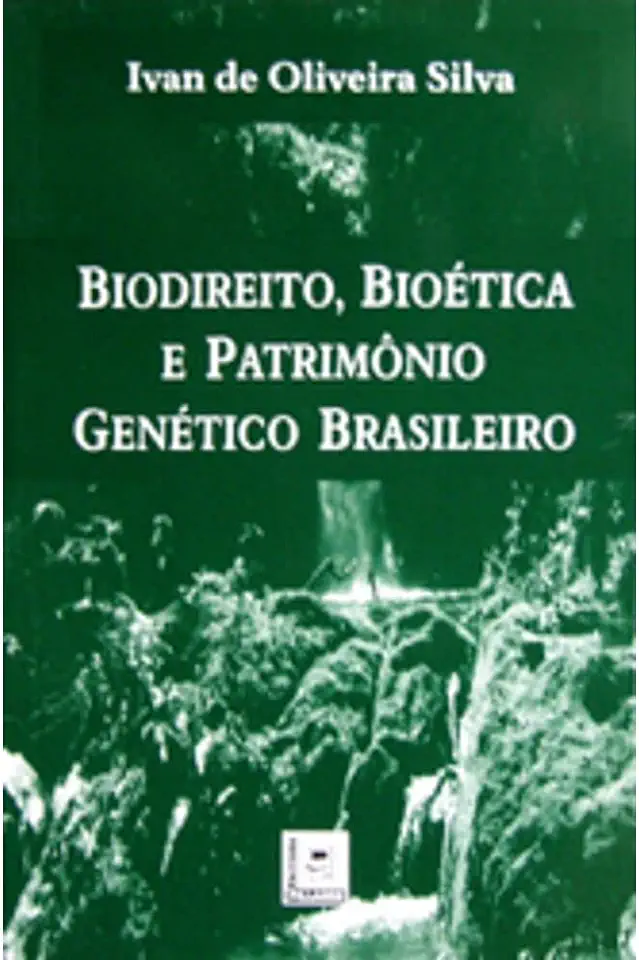
Biolaw, Bioethics and Brazilian Genetic Heritage - Ivan de Oliveira Silva
Biolaw, Bioethics, and Brazilian Genetic Heritage: A Comprehensive Exploration of the Legal and Ethical Implications of Genetic Research in Brazil
Introduction
In the rapidly evolving field of genetics, Brazil stands as a nation rich in genetic diversity and brimming with potential for groundbreaking research. However, this potential also brings forth complex legal and ethical challenges that demand careful consideration. "Biolaw, Bioethics, and Brazilian Genetic Heritage" by Ivan de Oliveira Silva delves into these intricate issues, offering a comprehensive analysis of the legal framework governing genetic research in Brazil and the ethical dilemmas that arise in this dynamic field.
Legal Framework for Genetic Research in Brazil
The book provides a thorough examination of the legal framework that governs genetic research in Brazil. Silva meticulously analyzes the relevant laws, regulations, and guidelines, shedding light on the rights and responsibilities of researchers, institutions, and participants involved in genetic studies. This comprehensive analysis serves as an invaluable resource for researchers, policymakers, and legal professionals seeking to navigate the complex legal landscape of genetic research in Brazil.
Ethical Considerations in Genetic Research
Beyond the legal framework, Silva delves into the ethical considerations that arise in genetic research. The book explores the ethical implications of issues such as informed consent, privacy, and the potential for discrimination based on genetic information. Silva engages with these complex ethical dilemmas, drawing upon diverse perspectives from bioethics, philosophy, and law to provide a well-rounded analysis.
Case Studies and Real-World Examples
To illustrate the practical implications of the legal and ethical issues discussed, the book presents a wealth of case studies and real-world examples. These case studies bring to life the challenges and complexities faced by researchers, policymakers, and individuals involved in genetic research in Brazil. By examining these real-world scenarios, Silva provides a deeper understanding of the interplay between law, ethics, and the practice of genetic research.
International Perspectives and Comparative Analysis
"Biolaw, Bioethics, and Brazilian Genetic Heritage" also offers a comparative analysis of the legal and ethical frameworks governing genetic research in Brazil with those of other countries. Silva draws upon international perspectives to highlight the unique challenges and opportunities presented by Brazil's genetic heritage. This comparative analysis provides valuable insights for policymakers and researchers seeking to develop effective and ethically sound approaches to genetic research.
Conclusion
"Biolaw, Bioethics, and Brazilian Genetic Heritage" is a must-read for anyone interested in the legal and ethical implications of genetic research in Brazil. Ivan de Oliveira Silva's comprehensive analysis of the legal framework, ethical considerations, and real-world examples provides a deep understanding of the complexities of this rapidly evolving field. This book is an essential resource for researchers, policymakers, legal professionals, and anyone seeking to navigate the intersection of law, ethics, and genetic research in Brazil.
Enjoyed the summary? Discover all the details and take your reading to the next level — [click here to view the book on Amazon!]